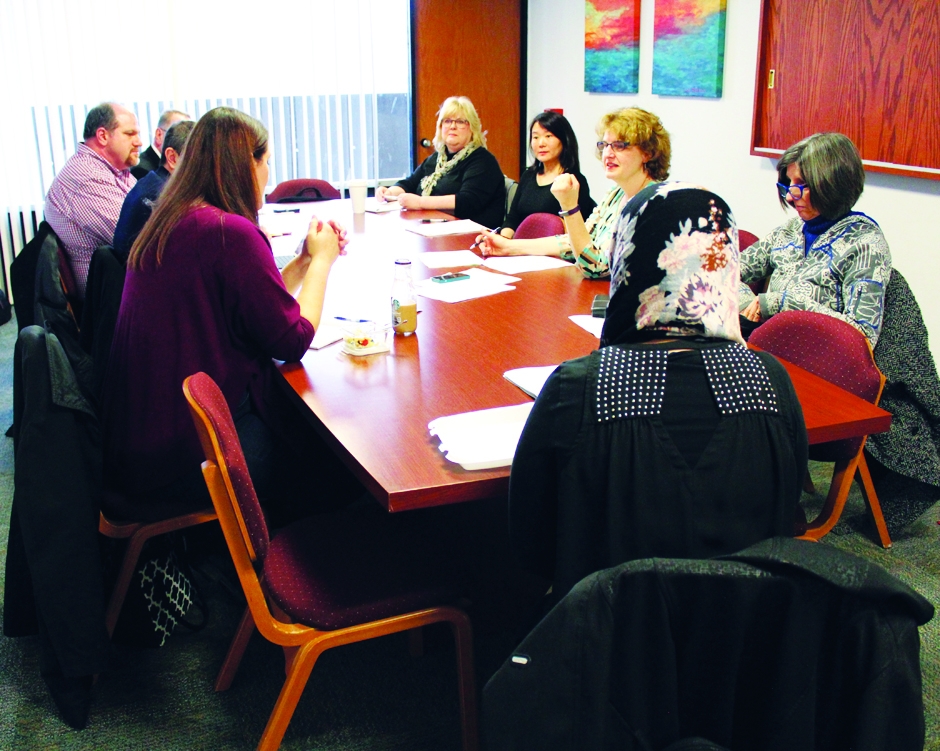08/23/2018
Ollie Gratzinger | Opinions Editor
Following the release of a report detailing sexual abuse by about 300 priests in six Pennsylvania dioceses — including Pittsburgh — shocked readers far and wide have searched for some sort of explanation amid the fallout. There is no way to rationalize the horrors that yielded more than 1,000 child victims over the span of several decades, but on July 23, an opinion article was published in The Washington Post entitled, “The Catholic Church is enabling the sex abuse crisis by forcing gay priests to stay in the closet.”
In it, author Robert Mickens argues, “While no adult who is of sound psychosexual health habitually preys on those who are vulnerable, there is no denying that homosexuality is a key component to the clergy sex abuse … crisis.”
He doesn’t blame homosexuality for the prevalence of pedophilia and rape within the Church, but he does argue that the homophobic sentiments within Catholic doctrine force priests into the closet. “And like any other dark place lacking sunlight and air,” he writes, “[Being in the closet] prevents normal development and festers mold, dankness, distortion and disease.”
There’s truth to the unfortunate and often isolating terrors of the closet, but in a societal culture that loves scapegoating almost as much as it loves flags and Civil War monuments, there exists a unique and undeniable danger to the idea Mickens explores.
In 2015, anti-gay protesters argued that homosexual men shouldn’t be allowed to participate in the Boy Scouts of America on the grounds that homosexuality was linked intrinsically to pedophilia, which is as harmful a sentiment as it is statistically unfounded. Even though Mickens goes out of his way to ensure that the reader knows he isn’t claiming all psychologically sound gay men commit these atrocities, his argument is really just the easy way out of a complicated and layered discussion.
Yes, it goes without saying that elements of the Catholic Church have a major problem with homophobia. No one, not even priests, are immune to the homophobic teachings that often distort the truth and pervert the notion of a love everlasting. Anti-gay sentiment has remained a pervasive and deeply harmful issue for as long as the Church has stood as an institution.
Yes, it needs to be addressed, but not as the reason for pedophilia and rape. Pedophilia isn’t a sexuality, no matter how many messed up people try to force a place in the LGBT+ community, and repressed homosexuality is not a red flag in the formation of a paraphilic creep.
The Catholic Church has a problem with power, too, and instances of sexual misconduct are more linked to power than sexuality in almost every case. Every monsignor, bishop, cardinal or priest that helped to cover up abuse didn’t do so because of some secret, closeted gay alliance. They did so because of power. Because of prestige. Because rather than protect the institution they hold so dear from pedophiles, they protected it instead from criticism, and in doing so, they allowed for an environment of abuse to flourish and fester.
Regardless of faith, religious upbringing or lack thereof, we need to acknowledge that it’s power which allows abuse, and shame which welcomes silence. Survivors are often accused of lying, discredited by their peers or threatened by offenders. Offenders are protected and defended. Toxic power structures enable men — especially powerful men — and encourage a sense of untouchable entitlement.
Other articles on brand with Mickens’, some malicious and others simply misled, have come out declaring an intricate and tangible connection between homosexuality and sexual abuse, too. This is an idea that we must reject, so that we might make places of faith open to LGBT+ individuals, and closed to sexual offenders.



